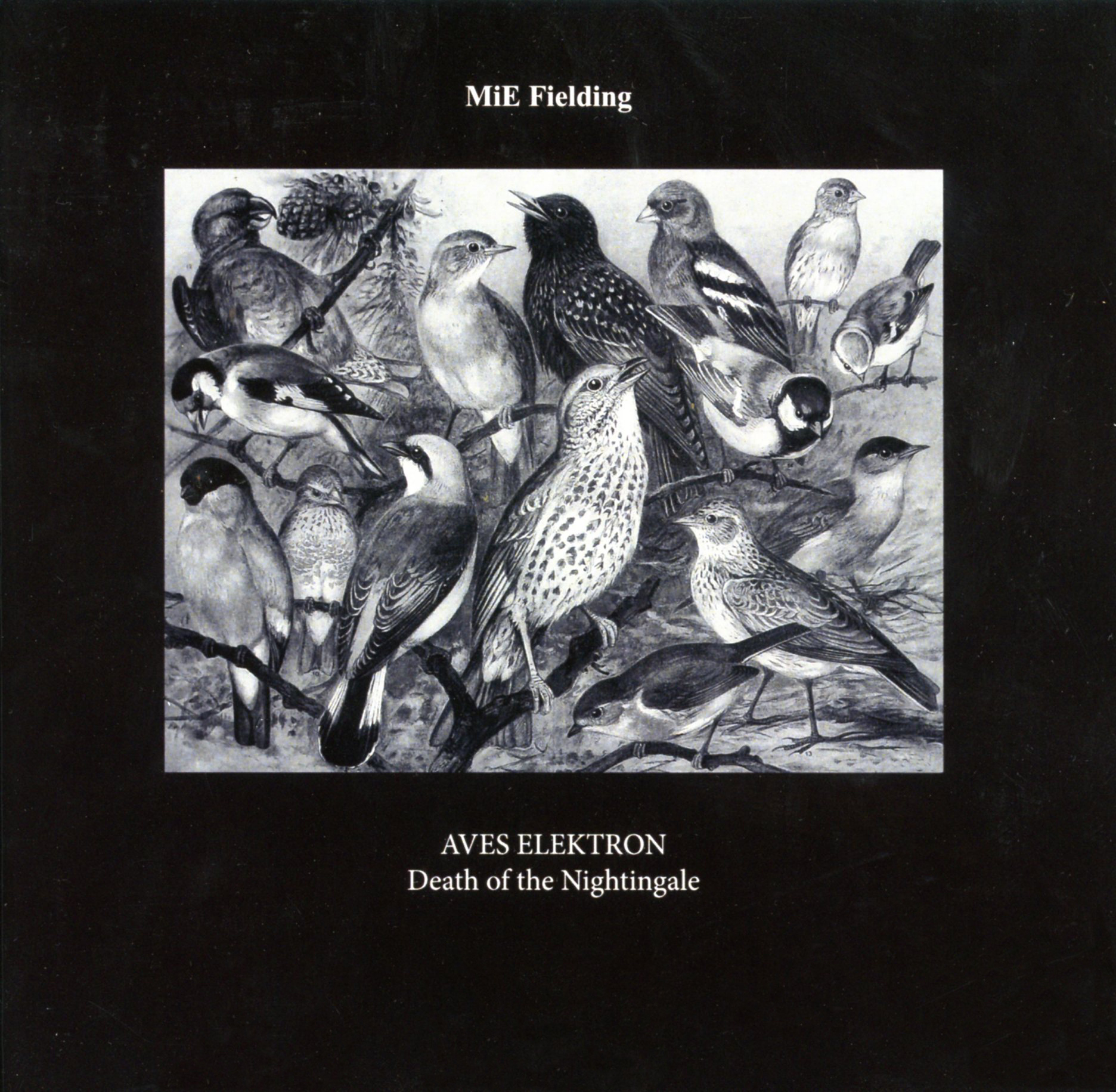
Additional Information
The UK has lost some 73 Million Birds since 1970 and is now one of the most biodiversity poor country's on the planet.
In this book, avant-garde sound artist, ornithologist and author MiE (Mike) Fielding outlines the sorry tale of the UK's catastrophic loss of biodiversity and particularly it's bird life over the past forty years.Fielding offers an explanation as to why this has happened to the UK's wildlife and uncovers some pretty damning statistical evidence, that shows how consumerism and greed has transformed a once 'green and pleasant land' into one of the least biodiverse country's on Earth.
The story is manifested through a combination of text, thought provoking photographs and an accompanying CD.
Ever since the publication of C.A Witchell's Cries and call-notes of wild birds ( Upcot Gill London 1899 ) composers have striven to capture bird song and relate its complexity using musical notes .....with varying degrees of success.
Perhaps the most celebrated of these works is Olivier Messiaen's Catalogue d'oiseaux , a work for piano composed of thirteen pieces, written between October 1956 and September 1958 and devoted to birds and his second wife Yvonne Loriod.
However Bird vocalization (calls and other sounds) can be extremely complex as some species can produce two notes at once by controlling the two sides of the trachea independently , a polyphonic sonic complexity that remains beyond the capabilities of the humble piano. Using his own vast library of recorded bird songs and calls, MiE Fielding's Aves Elektron :Death of the Nightingale brings this experiment with nature right up to date with a stark and enigmatic electronic 'sound art' landscape produced solely from bird sound samples taking the listener on a journey that charts the catastrophic decline of Britain's wild birds.A chilling message that is further enforced by a child's narration of John Clare's classic poem 'The Mores' which although written in 1820, once again finds itself a perfect reflection of mans insatiable lust for greed, possessions and and perhaps ultimately , his own destruction.
Tags
Details
United Kingdom
